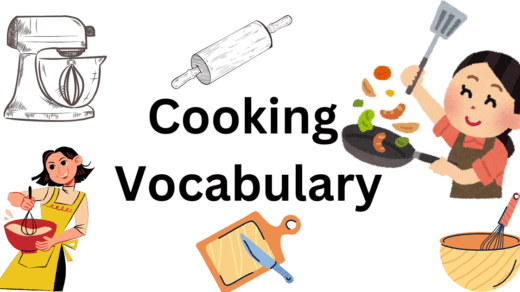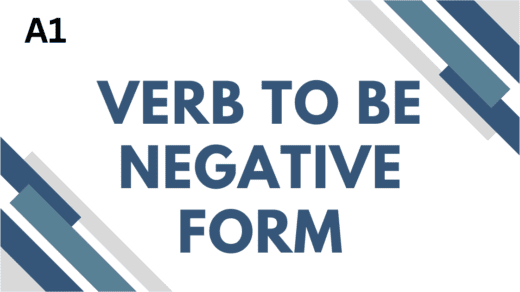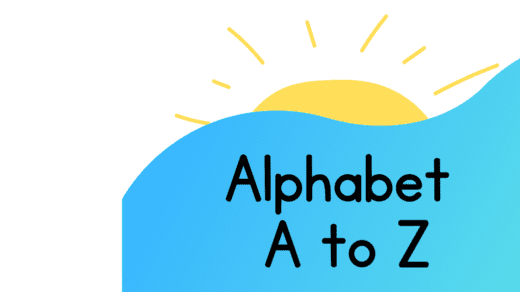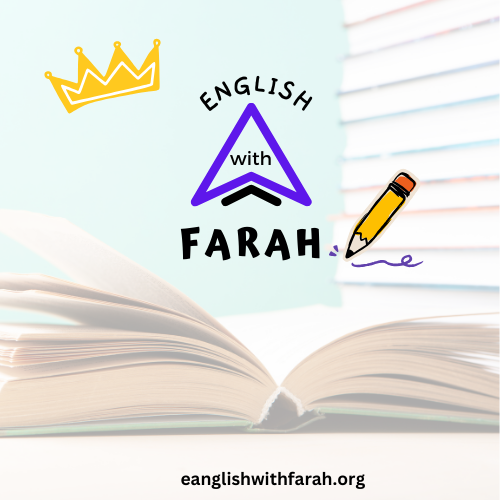By the end of this (Talking About Hobbies and Interest) lesson, English learners will be able to Talk about hobbies and interests confidently, using relevant vocabulary and sentence structures.
List of Vocabulary for Talking about hobbies and interest:
- Vocabulary List Creation:
- Examples of hobbies can include:
- Artistic: Painting, drawing, sculpting
- Sports: Soccer, basketball, swimming
- Collections: Stamps, coins, action figures
- Crafts: Knitting, sewing, woodworking
- Music: Playing an instrument, singing, composing
- Outdoor Activities: hiking, camping, cycling
- Games: video games, board games, puzzles
- Examples of hobbies can include:
- Expressions:
- Teach expressions for discussing hobbies, such as:
- “I love…”
- “I enjoy…”
- “I am interested in…”
- “My favorite hobby is…”
- “I spend my free time… doing…”
- Teach expressions for discussing hobbies, such as:
Talking About Hobbies and Interest: Vocabulary
- Hobby – An activity done regularly for pleasure.
- Example: “My favorite hobby is painting.”
- Interest – A subject that someone enjoys learning about or engaging in.
- Example: “I have a great interest in photography.”
- Leisure – Free time when one can relax and do activities they enjoy.
- Example: “In my leisure time, I like to read novels.”
- Passion – A strong enthusiasm for something.
- Example: “Cooking is my passion; I love trying out new recipes.”
- Skill – The ability to do something well.
- Example: “I am improving my knitting skills.”
- Fitness – Activities that promote physical health.
- Example: “I enjoy fitness activities like jogging and yoga.”
- Outdoor activities – Activities done outside in nature.
- Example: “Hiking and camping are my favorite outdoor activities.”
- Crafts – Handmade items or activities like knitting, sewing, or woodworking.
- Example: “I spend my weekends doing crafts, especially scrapbooking.”
Grammar Focus: Present Simple & Continuous
- Tenses used in Talking About Hobbies and Interest:
- Present Simple is used for general facts or habits (e.g., “I play guitar every weekend.”).
- Present Continuous describes ongoing actions (e.g., “I am playing guitar right now.”).
- Exercises:
- Create sentences that they will fill in using the proper tense based on context clues.
- Example: “I often ______ (go) hiking, but today I ______ (stay) home.”
Talking about hobbies and interest: Example Sentences:
- Talking about a hobby: “One of my hobbies is gardening; I love watching my plants grow.”
- Expressing interest: “I’m interested in learning new languages because I enjoy communicating with people from different cultures.”
- Describing a weekend: “Last weekend, I spent time painting landscapes, which I find very relaxing.”
- Identifying a skill: “I have been practicing guitar for two years, and I am starting to feel more confident in my skills.”
- Discussing fitness: “To stay healthy, I like to do fitness exercises three times a week.”
- Outdoor activities: “Every summer, I go hiking in the mountains with my friends; it’s an adventure I look forward to.”
- Explaining a weekend routine: “On Saturdays, I often dedicate a few hours to my crafts, especially knitting, and it helps me unwind.”
- Connection to culture: “I’m interested in cooking traditional dishes from my culture because it keeps my heritage alive.”
These vocabulary words and sentences can help learners express their thoughts, feelings, and experiences related to hobbies and interests effectively.
Talking about hobbies and interest: Questions
General Questions about Hobbies
- What is your favorite hobby and why do you enjoy it?
- How did you get started with this hobby?
- How much time do you spend on your hobby each week?
Questions about Interests
- How do your interests reflect your personality?
- Are there any interests you’ve always wanted to try but haven’t yet?
- Do you follow any particular trends or topics? Why do they interest you?
- How do your interests influence your daily life?
Cultural Context of Hobbies
- What hobbies are popular in your country? Why do you think they are popular?
- Are there any traditional hobbies connected to your culture?
- Have you discovered any hobbies from other cultures? What do you think about them?
Tips for studying talk about hobbies and interests:
When studying how to talk about hobbies and interests in detail, consider the following tips:
- Vocabulary Building: Learn specific vocabulary related to your hobbies, including verbs, adjectives, and nouns. For example, if you enjoy painting, familiarize yourself with terms like “canvas,” “brush,” “acrylic,” and “technique.”
- Descriptive Language: Practice using descriptive language to express why you enjoy your hobbies. Focus on sensory details, such as colors, sounds, and feelings, to make your descriptions vivid.
- Personal Stories: Share personal anecdotes related to your hobbies. This not only makes the conversation more engaging but also helps you practice tense usage and storytelling skills.
- Discuss Benefits: Talk about how your hobbies benefit you, such as stress relief, creativity, or social connections. This adds depth to your conversation and shows your passion.
- Engage with Others: Practice discussing hobbies with friends or language exchange partners to gain confidence. Ask open-ended questions to encourage dialogue and learn about others’ interests.
- Practice Listening: Watch videos, podcasts, or read articles about hobbies that interest you. This helps you learn how others talk about their passions, providing models for your own discussions.
- Write About It: Keep a journal or blog about your hobbies. Writing helps organize your thoughts and improves fluency when speaking about these topics.
Conclusion
By studying tis lesson, you’ll become more comfortable and articulate when discussing your hobbies and interests in detail. And by using this comprehensive outline and expanding on each question with personal experiences and reflections, English learners can engage in meaningful conversations that help improve their language skills while exploring their hobbies and interests in depth.




